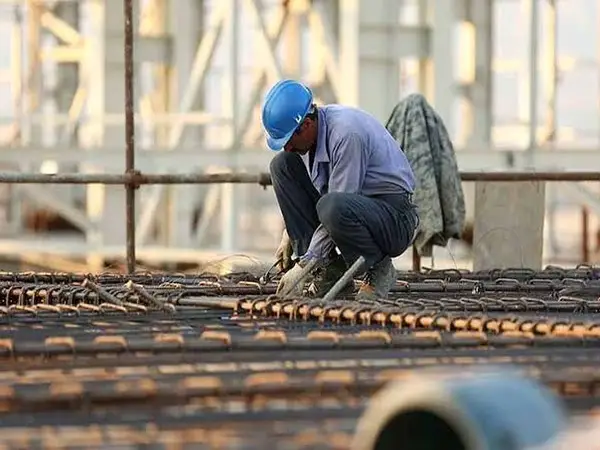A petition launched against the meagre minimum wage increase for the new Iranian year violates the labor law by disregarding the inflation rate, critics say.
The petition which was launched on March 20, the last day of the previous Iranian calendar year, has already been signed by almost 15,000 people, despite the petition website having been blocked by the government. The text of the petition calls the 27 percent increase in the minimum wage to 82 million rials per month ($180) for a family of 3.3, including benefits, “unfair”.
The minimum wage in Iran is determined by a council composed of government, business, and government-approved unions, and in fact it sets the income for most wage earners.
The petition alleges that representatives of employers and the government which it calls “the biggest employer” imposed their bidding on the workers’ representatives and demands adjustment in the make-up of the council to allow workers have a bigger say in its decisions.
“This meager increase in the deplorable current economic circumstances and the several-fold increase, even in the basic costs of an ordinary life, is not logical or legal in any way,” the petition said.
Workers and their representatives say the low minimum wage increase was a “shock” to them. “This level of difference between the inflation rate and the minimum wage increase is unprecedented,” Hassan Izadi, an official of Labor House in Gilan Province said while demanding the parliament’s intervention.
Iran has one of the lowest minimum wages in the world, but salaries were increasing from 2000-2010 when the minimum wage hit a record high of about $275 in 2010. This coincided with the time when the United Nations Security Council began imposing sanctions to force Tehran to roll back its nuclear program.
A few months into the presidency of Ebrahim Raisi last year, when inflation was around 40 percent, the High Council of Labor increased the minimum wage by an unprecedented 57 percent after two consecutive years of very high inflation. At the exchange rate of the time the minimum wage last year almost equaled $220.
Many politicians and commentators have warned that rising prices and declining incomes will lead to more protests in the coming months.
This year’s increase brings the monthly minimum wage (without benefits) down to around $120 although the overall rate of inflation has increased to around 50 percent and to at least 70 percent in the food group while rents have also hugely gone up in most cities.
Authorities keep promising to control inflation. In his New Year speech on March 21, Supreme Leader Ali Khamenei dubbed the new year as “the year of bringing inflation under control”, a promise also repeated by Raisi in his speech, but reminiscent of similar slogans in previous years.
Wages have become a fraction of what workers need to survive during five years of high double-digit inflation and huge devaluation of the national currency, particularly during the past year. The rial has fallen 13-fold since 2018 when the United States withdrew from the 2015 nuclear deal and imposed tough economic sanctions.
Some 60 percent of Iranians have fallen into what government officials describe as poverty and can no longer afford meat and even fruit and vegetables, with consumption dropping by half.
“How is it that the government that set the poverty line at 145m rials monthly income sets half of this amount as minimum wage for workers,” said Ali-Asghar Najjari, an official of the Labor House of Zanjan Province. He also accused officials of trampling on the Labor Law which requires minimum wage to be proportionate with the inflation rate.
“We must remind [economy minister] that the government and its economic team are sadly not capable to deliver on their promises of lowering inflation,” Najjari said referring to promises to workers.
